Add These 7 Fermented Foods to Your Diet for a Healthy Gut
Probiotics are live bacteria and yeasts that are good for you, especially your digestive system, according to WebMD. Probiotics, also known as “good” or “helpful” bacteria, help improve digestion, boost immunity, help us maintain a healthy weight and more.
Fermented foods and drinks, like kimchi and yogurt, are loaded with probiotics. The fermentation process makes the good bacteria grow.
For a healthy dose of probiotics, try adding these seven fermented foods to your daily diet.
1. Yogurt
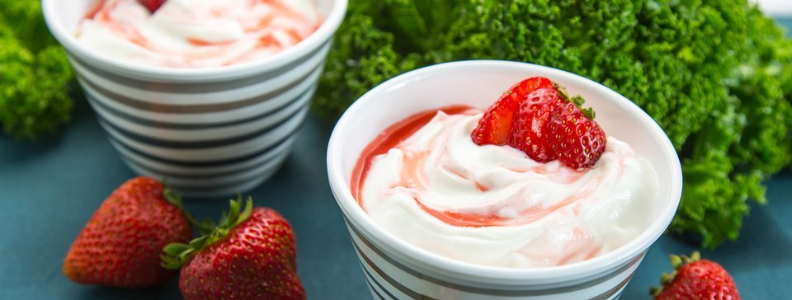
Yogurt is the by-product of fermenting milk. Some yogurt with “Live & Active Cultures” seal guarantees 100 million probiotic cultures per gram (about 17 billion cultures in a 6-ounce cup) at manufacturing time, according to Eating Well.
But even without this seal, yogurts still contain probiotics. The probiotics in yogurt are safe for lactose intolerant. Add to these, several companies are now manufacturing dairy-free and vegan yogurt that is loaded with probiotics.
2. Kombucha

This green or black tangy tea has been a trendy drink for health-conscious people. It’s packed with yeast and bacteria that your digestive system will truly love. Often flavored with fruit or herbs, you can get kombucha in natural foods stores, farmers’ markets and even in your neighborhood grocery stores.
During the fermentation process, alcohol is produced, but it’s minimal — less than 0.5 percent alcohol by volume. Some kombuchas, though, contain up to 2 or 3 percent alcohol.
3. Kefir
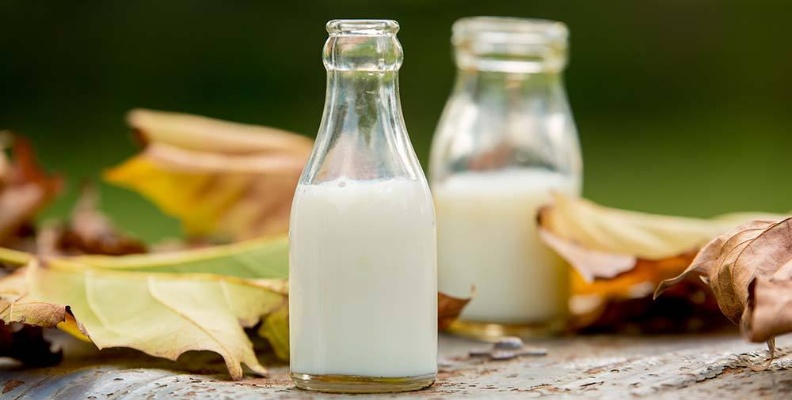
Kefir is a fermented milk drink, usually tastes like your regular yogurt. And just like yogurt, it is full of calcium and probiotics that help break down lactose (read: easier to digest for people with lactose intolerance). Kefir can be added to smoothies or can be consumed by itself.
4. Sauerkraut
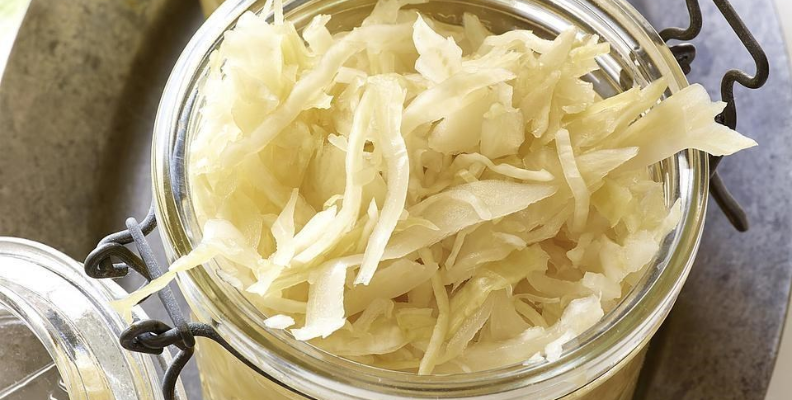
We know sauerkraut as a hotdog topping to add a nice zing or as a condiment like how we use a coleslaw. This fermented food, usually made from cabbage and salt, contains a healthy dose of probiotics and fiber. You can buy sauerkraut at the store or make your own.
Tip when buying: Those displayed in the refrigerated section will have more probiotics than canned or jarred varieties found on store shelves.
5. Kimchi
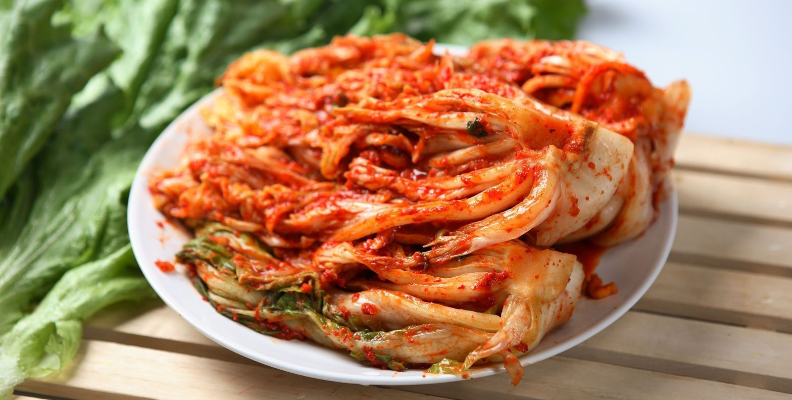
This is the Korean version of a sauerkraut. But this fermented cabbage dish is spicy. You can find it in the refrigerated section near other Asian ingredients or pickles and sauerkraut.
6. Miso
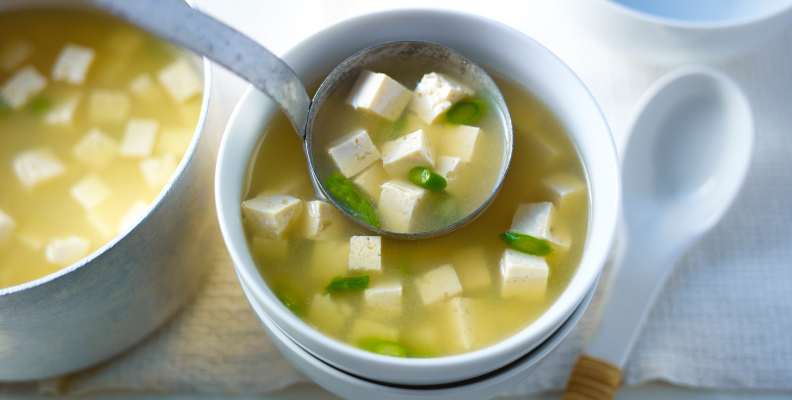
It is fermented barley, rice or soybeans which has a paste consistency. Miso gives a nice umami flavor to dishes. It’s high in sodium, so use just a little. Anyway, it’s bold so even a small amount goes a long way.
Miso is commonly added to soups, but can also be used as salad dressings and marinades.
7. Tempeh
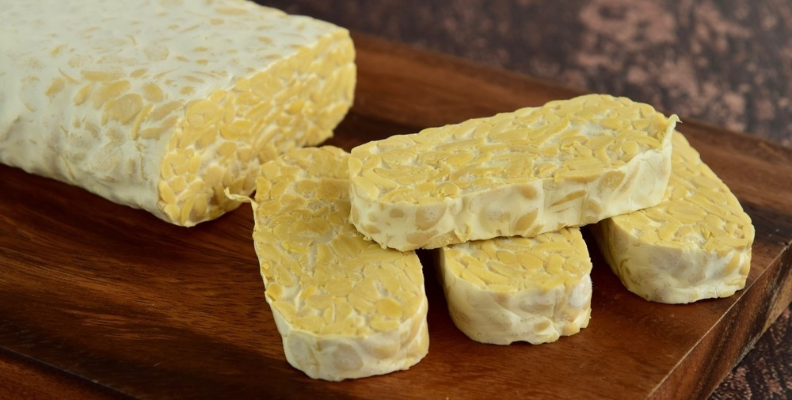
It is made from naturally fermented soybeans. Tempeh is like tofu because it’s a plant-based protein made from soy. But unlike tofu, tempeh is fermented, has a firmer texture and a slightly nuttier flavor.
Aside from being a good source of probiotics, tempeh is also a complete source of vegetarian protein because of all the essential amino acids it contains.
Source: Eating Well





